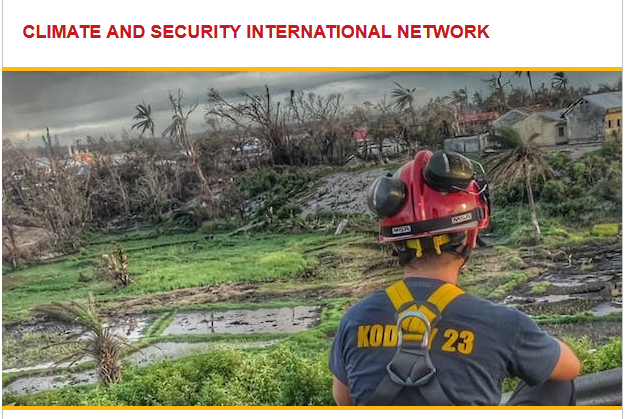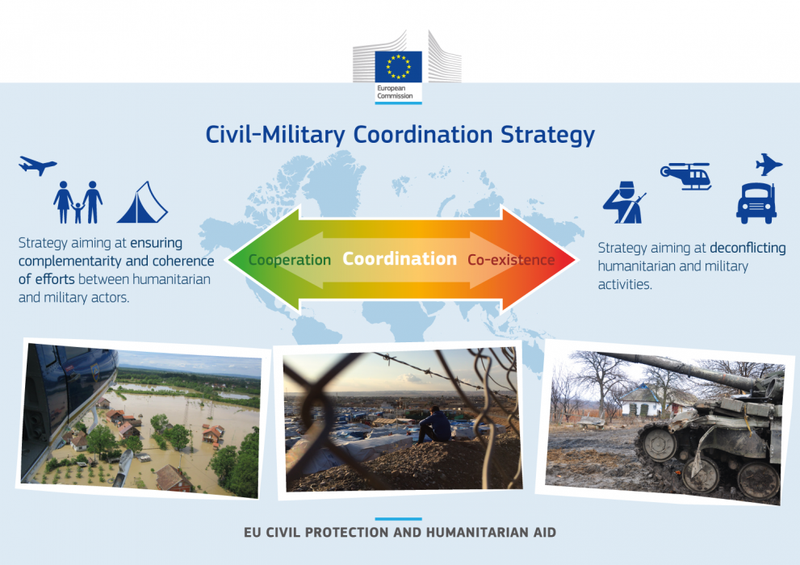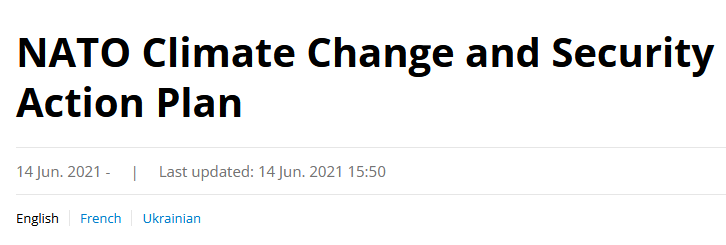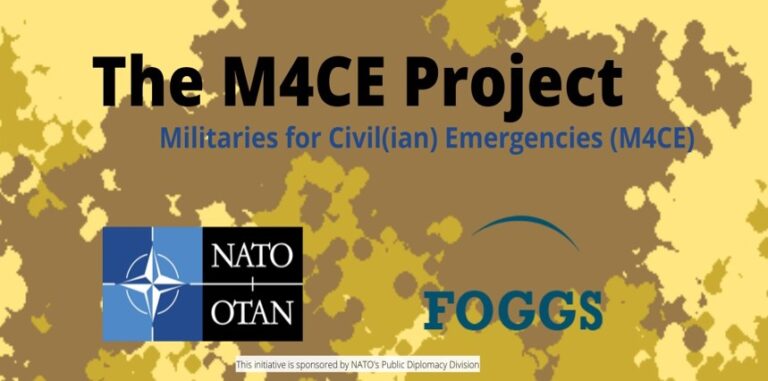ACTIONS
EU Water Resilience Strategy
4 June 2025 - The EU Water Resilience Strategy, adopted in June 2025, aims to secure Europe's water future by addressing water scarcity, pollution, and related risks. It focuses on restoring and protecting the water cycle, building a water-smart economy, and ensuring access to clean and affordable water for all.
Climate and Environmental Peacemaking (CEPM) Programme
The CEPM Programme is focused on support to peace leaders and local communities to address climate and environmental concerns in the wider framework of conflict resolution. We believe the environment is fundamental to make peace and that conflict resolution practitioners can strengthen their efforts by understanding how it affects conflict dynamics.
ASP Climate Security Action
Climate Security is a core component of U.S. national security. It exacerbates existing threats, risks, and hazards while simultaneously creating new ones. These climate risks act as an accelerant of instability and a threat multiplier, especially in fragile states.
Climate and Security International Network
This project aims at deepening the structuring of the community already fostered by the climate change and coastal hazard working group by assessing and mapping existing projects on climate change response by humanitarian groups, civ-mil cooperation research teams and the military. It intends to strengthen existing yet scattered research on the impacts of climate change and proposes to structure a research network on the analysis of civilian-military cooperation in climate change responses, including military interventions, and the securitization of environmental agendas in international organizations.
Climate Change, Environment, Security and Defence Configuration (CCESD)
The Climate Change, Environment, Security and Defence (CCESD) configuration was launched in December 2023 to consolidate climate security training efforts across the EU and its Member States through the EU Climate Security and Defence Training Platform (EU CSD TP) (ESDC/2023/322). It also provides a framework to address training gaps, strengthen institutional capacity, and promote synergies with stakeholders at multilateral, regional, and bilateral levels to tackle the nexus of climate change, environment, security, and defence.Operating under the auspices of the European Security and Defence College (ESDC)
EU Humanitarian Civil-Military Coordination (CMCoord)
The European Union promotes the coordination between civilian and military actors in emergencies. Humanitarian Civil-Military Coordination (CMCoord) is necessary to protect and promote humanitarian principles, avoid competition between civilian and military capacities, minimise inconsistency, and when appropriate, pursue common goals.
NATO Climate Change and Security Action Plan
Climate change acts as a threat multiplier affecting security, straining military operations and infrastructure. It shapes geopolitics, influencing state behavior, potentially fueling conflicts, displacements, and migrations. NATO acknowledges the need to address this issue and aligns with global climate goals. Recognizing climate change's security implications, NATO outlined its Climate Change and Security Agenda. This agenda aims to heighten awareness, adapt to climate challenges, contribute to mitigation, and bolster outreach efforts. NATO plans annual assessments on climate impacts, integrating considerations into defense planning and capability development.
THE M4CE PROJECT: MILITARIES FOR CIVIL(IAN) EMERGENCIES
Military personnel and equipment can play and have already been playing an important role in areas struck by natural and human-made disasters ranging from pandemics to floods, forest fires, hurricanes, earthquakes, industrial accidents, and oil spills.
Climate Change, Environment, Security and Defence Configuration (CCESD)
The Climate Change, Environment, Security and Defence (CCESD) configuration was launched in December 2023 to consolidate climate security training efforts across the EU and its Member States through the EU Climate Security and Defence Training Platform (EU CSD TP) (ESDC/2023/322). It also provides a framework to address training gaps, strengthen institutional capacity, and promote synergies with stakeholders at multilateral, regional, and bilateral levels to tackle the nexus of climate change, environment, security, and defence.Operating under the auspices of the European Security and Defence College (ESDC).








